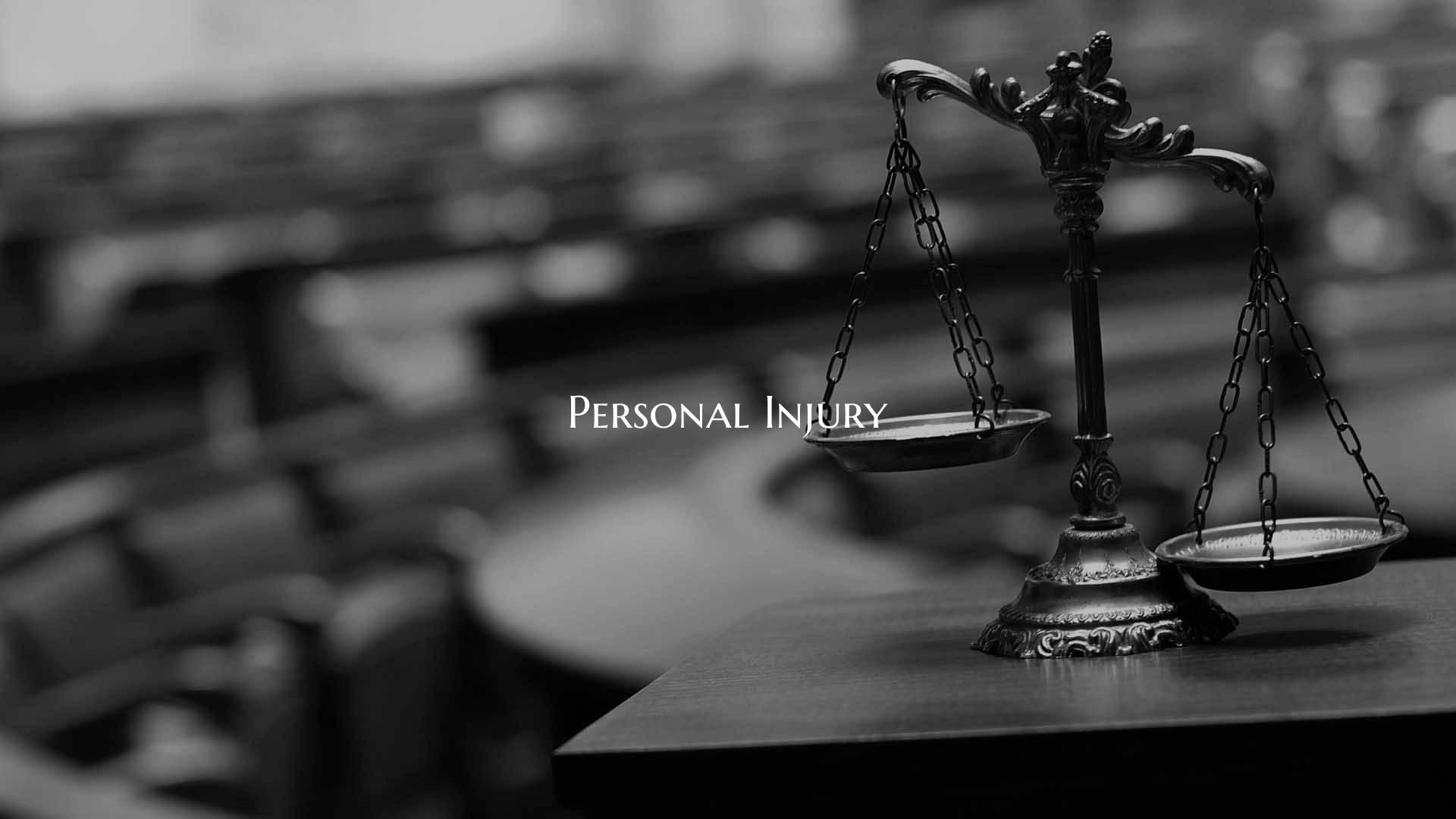
Personal Injury
Introduction: Personal injury refers to physical or psychological harm caused by the negligence or intentional actions of another party. In such cases, the injured individual may be entitled to compensation for their losses. Understanding personal injury claims and the process involved is crucial for those seeking justice and fair redress for their injuries.
Types of Personal Injury Cases: Personal injury cases can arise from a variety of situations, including car accidents, slip and falls, medical malpractice, product defects, workplace accidents, and more. Each type of case may have specific legal considerations and requirements, but they all share the common goal of holding the at-fault party accountable for the harm they caused.
Legal Elements of a Personal Injury Claim: To establish a personal injury claim, certain key elements must be proven:
1. Duty of Care: The at-fault party owed a duty of care to the injured individual. For example, drivers have a duty to operate their vehicles safely, and property owners have a duty to maintain a safe environment for visitors.
2. Breach of Duty: The at-fault party breached their duty of care through negligence or misconduct. This breach directly led to the injury suffered by the victim.
3. Causation: There must be a direct link between the at-fault party's actions and the harm suffered by the victim. Without causation, it is difficult to hold the responsible party liable for the injury.
4. Damages: The injured party must have sustained actual damages, such as medical expenses, lost wages, pain and suffering, and other measurable losses. These damages form the basis for the compensation sought in a personal injury claim.
Compensation in Personal Injury Cases: Victims of personal injury may be entitled to various types of compensation, including:
- Medical expenses: Reimbursement for past and future medical bills related to the injury. - Lost wages: Compensation for income lost due to the injury, including future earning capacity if applicable. - Pain and suffering: Damages for physical pain, emotional distress, and loss of enjoyment of life caused by the injury. - Punitive damages: Additional compensation awarded to punish the at-fault party for gross negligence or intentional wrongdoing.
Seeking Legal Help: Navigating a personal injury claim can be complex, especially when dealing with insurance companies and legal proceedings. Consulting with a knowledgeable personal injury attorney can help ensure that your rights are protected, and you receive the full compensation you deserve.
Conclusion: Personal injury cases can have far-reaching consequences for the victims and their families. By understanding the relevant legal principles, proving liability, and seeking appropriate compensation, individuals can seek justice and rebuild their lives after suffering an injury due to another party's negligence.
